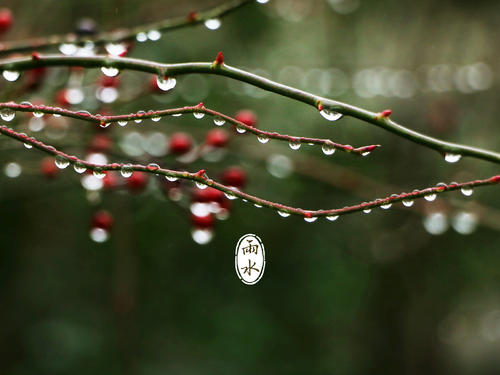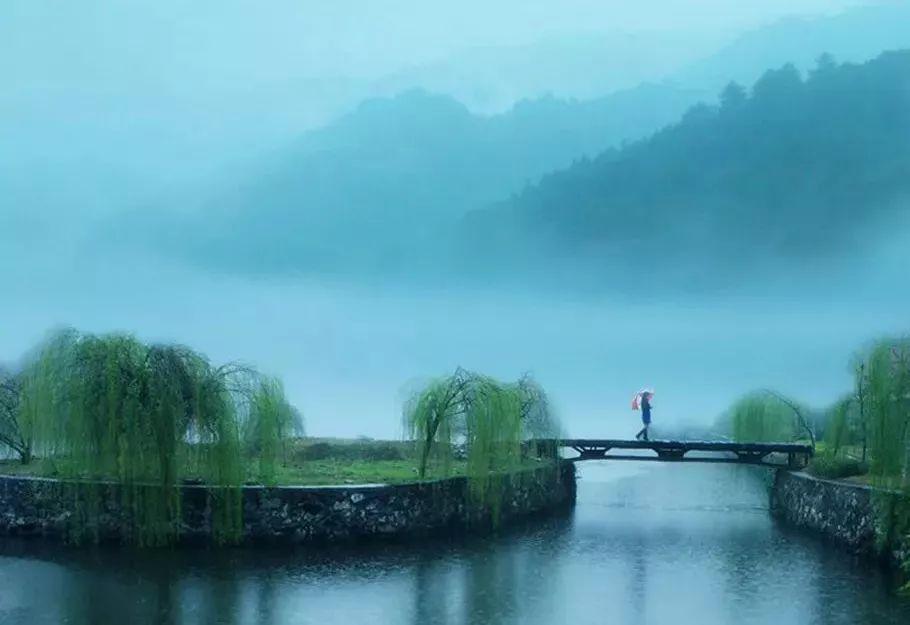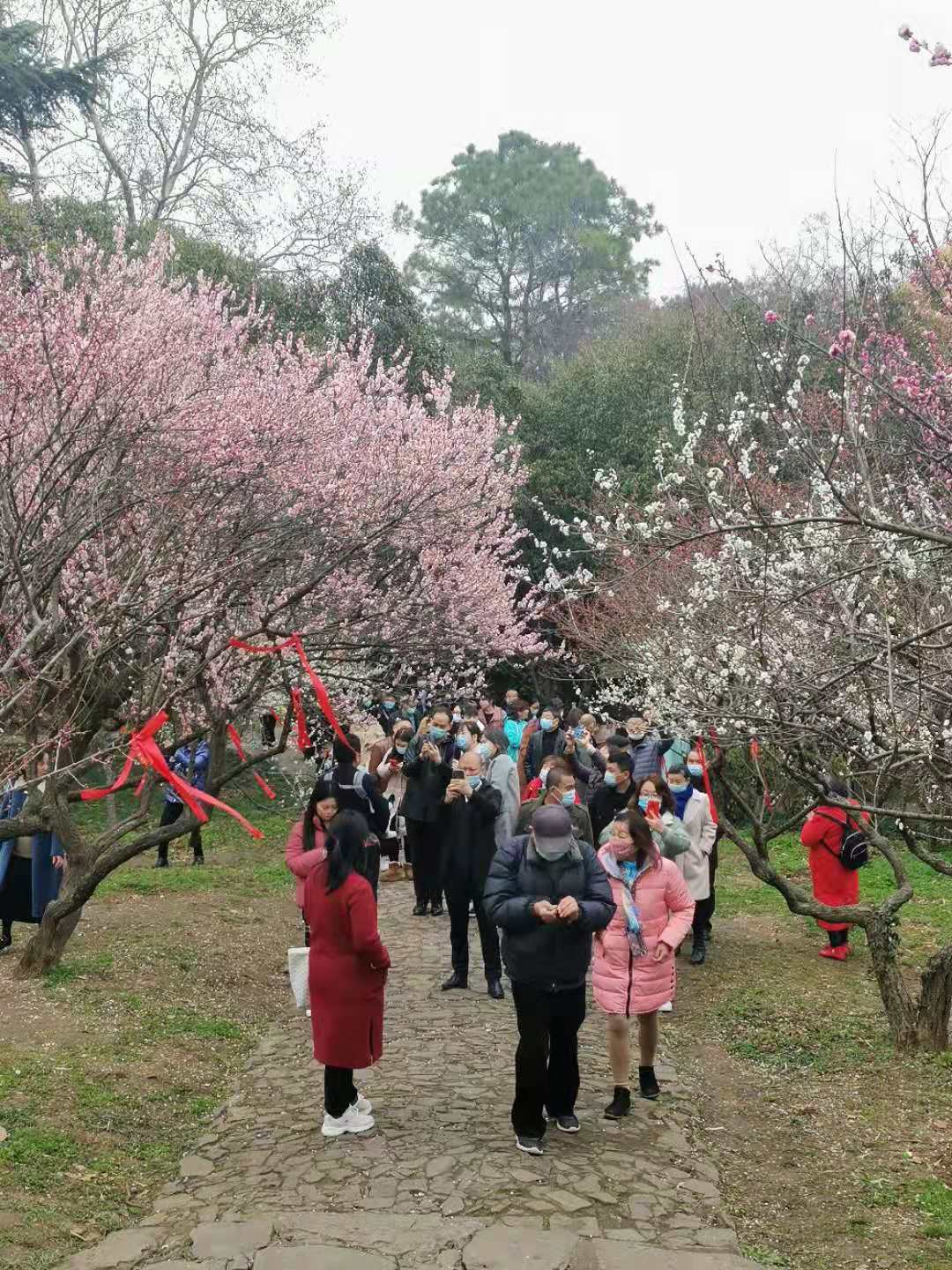
With thesubsolar point at the celestial longitude of 330 degrees, the solar term of Yu Shui in Chinese, literally “The Rain Water” or “The Rains” arrives, which refers to that the amount of rainfall increases, as the weather gets warmer. This year, it falls on 18 Feb.
Rain has been always a precious since a long time ago on the wide spread land of China. It played an essential role in farming in old times when the technology of irrigation was still underdeveloped. Undoubtedly, spring is a golden time over most regions of the country when a bitter winter is approaching a close and a good fall of rain fills farmers’ hearts with as much ecstasy or rapture. But during this solar term period which may last until the arrival of next term, the rain is quite characteristic as it often drizzles instead of bucketing down. In other words, the rain may fall for plenty of times but not for large amount. That’s why our ancestors left a line “the rainfall in spring is as precious as oil”.
I recollect a poem describing the rain of spring, Chun Ye Xi Yu (春夜喜雨), literally Spring Night, Delighting in Rain, I like so much. The author is Fu Du from Tang Dynasty. The translation of it is read as follows.
Spring Night, Delighting in Rain
A translation by Burton Watson
The good rain knows when to fall,
stirring new growth the moment spring arrives.
Wind-borne, it steals softly into the night,
nourishing, enriching, delicate, and soundless.
Country paths black as the clouds above them;
on a river boat a lone torch flares.
Come dawn we'll see a landscape moist and pink,
blossoms heavy over the City of Brocade.
Notes: the City of Brocade is what the present Chengdu was named in the old times.

For its ways to drizzle, there is a very exhilarating but also tranquil scene appreciated by many people, yes, it’s the mist or fog caused to form. We can imagine this scenery from some lines put down by Chinese literary celebrity Ziqing Zhu in his prose——Spring (a translation from Howard Goldbaltt).
“Most prevalent are the rains; a single rainfall can last two or three days. But don’t be distressed! Just look——it is like the fine hair of a bullock, like delicate embroidery needles, or fine silk, densely slanting downward as woven strands, covering the roofs of houses with fine mist. The leaves of the trees are so green they sparkle, and the grass is so green it hurts your eyes. Toward evening the lamps are lit, giving off a pale yellow and at the sides of stone bridges, people stroll leisurely under their raised umbrellas. Then there are farmers who work the soil clad in their grass cloaks and hats, and whose grass huts are scattered around the countryside, standing silently in the rain.” (An excerpt)
What a beautiful description of the sight of rain in springtime! Just as the renowned poet Fu Du wrote, the rain is “nourishing, enriching, delicate, and soundless”. And plants that require wet growing conditions will thrive with rainy days. Actually, as a city in the China’s southern Yangtze River area, Wuxi is a typical city of not only rivers or lakes but also rains. Several days ago, after a couple of days’ of light rain, the city has shown much exuberance these days with flowering plum trees. And it is now right the time for tourists to walk around and see the various plum plant species at the well-known Wuxi Plum Garden.





